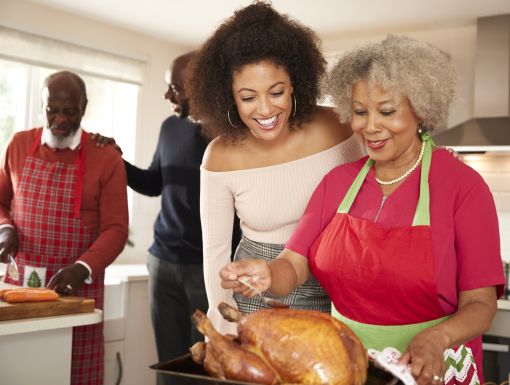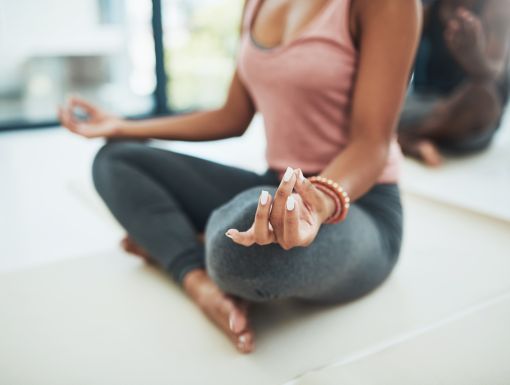
The 4 Best Ways to Cope with Holiday Depression in 2025
When we think of the holidays, our minds often turn to decorations, presents, and delicious food, not unhappiness, dread and sadness. The disconnect between the societal image of the holidays and an individual's reality is why I often refrain from assuming that everyone will have a merry Christmas or happy holidays. For some people, the holiday season's dread begins early in the fall and continues past the new year.
Why do people get depressed during the holidays?
- Grief: Grief can be a constant companion, especially during important dates such as anniversaries or special occasions. As people age, their circle of loved ones may shrink, leading to feelings of sadness, loneliness, and reflections on mortality that can cause depression.
- Geographical distances from loved ones: The holidays traditionally evoke images of gatherings with family and friends, leading to feelings of isolation and sadness that can contribute to depression.
- Estrangement from family and friends: Disagreements within families can sometimes result in years of alienation, leaving people feeling alone or yearning for that lost relationship. Estrangement can lead to feelings of loneliness and abandonment, contrary to the expectation of a harmonious gathering.
- Ill health: Unfortunately, illnesses, whether they are mental health issues like depression and anxiety or physical conditions such as chronic pain or cancer, do not take a break during the holidays. The physical and emotional limitations of ill health can become more pronounced during the holidays when individuals may not be able to do all they wish or feel they should.
- Increase in obligations and responsibilities: The holiday season is often not just "the most wonderful time of the year" but also the busiest. Holiday parties, Christmas shopping, cooking, end-of-year work responsibilities, and day-to-day family obligations can take a toll on a person, leading to anxiety and mood changes when expectations don't meet reality.
- Financial strain: Money is a significant source of stress during the holidays. The commercialization of the season can be overwhelming, especially in challenging economic climates.
- Seasonal affective disorder (SAD): SAD is a real condition that occurs during the winter months. People experience depression at a specific time of the year, often without a particular trigger. It can be debilitating, impairing day-to-day functioning, especially during the holiday season.
- Trauma: People with post-traumatic stress disorder may struggle during the holidays. For some, the season may trigger trauma symptoms such as flashbacks, isolation, and hyperawareness, particularly in crowded environments.
What can you do about the holiday blues?
- Practice mindfulness: Acknowledge and be aware of your true feelings and emotions during the holidays. Allowing yourself to express your true feelings, even if it's just to yourself, may relieve emotional distress. Consider learning more about mindfulness practices, such as meditation.
- Communication: Discuss your feelings with someone you have a good relationship with, or seek professional help if needed. Talking to a therapist or your primary care doctor can be beneficial.
- Change the script: Instead of trying to conform to an idealized image of the holidays, think about what would make the season better for you. Would you prefer to spend it with immediate family, reduce shopping or decorating, or opt for takeout instead of cooking a full meal?
- Practice gratitude: Gratitude shouldn't be reserved only for Thanksgiving. Keeping a gratitude journal can help improve your mood and overall well-being.
I hope you can experience joy this holiday season. If you find yourself struggling, reach out to others, including professionals. Remember, you are not alone, and help is available.
Learn more about Courtney Gunn, PhD, and Ochsner Psychiatry and Behavioral Health Services.



